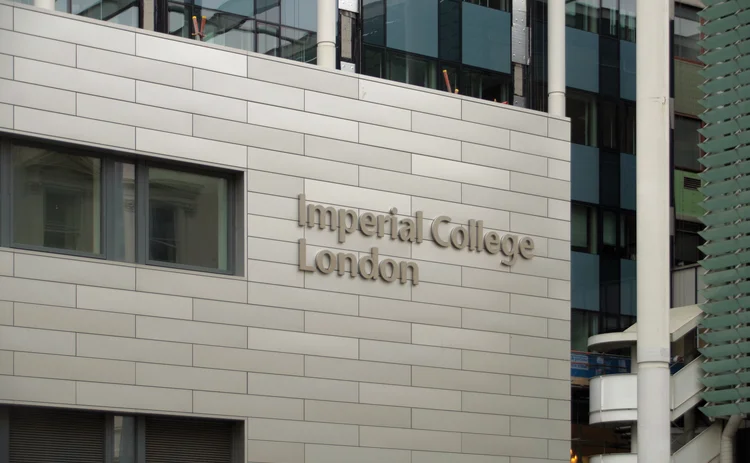
Quant Guide 2021: Imperial College London
London, UK

Imperial College London’s MSc in Mathematics and Finance is the highest-ranking UK-based programme in the 2021 Quant Guide, and the second-highest in Europe.
Since the previous edition of the guide, the programme has made impressive progress on graduate wages. It now reports an average base pay of $115,000 over the last two years of graduating classes, an increase of $10,000 on the figure in the 2020 guide.
Other notable developments include the addition of Aitor Muguruza to its ranks of instructors – he was a member of the three-strong team of quants that won the Rising star in quant finance Risk Award in 2020. Also, this month, Paul Bilokon starts teaching computing in C++, a core class in the master’s, in addition to his existing position as a lecturer on advances in machine learning. Bilokon is the former head of credit and core e-trading quant teams at Deutsche Bank, and the founder and current chief executive of consultancy Thalesians, which focuses on quantitative finance, algorithmic trading, machine learning, artificial intelligence and big data.
As a result of the Covid-19 pandemic, exams have moved online, and teaching is conducted in a mixture of virtual and traditional classrooms, says course director Antoine Jacquier. He grants that it is more difficult to invigilate a remote exam, but points out that the new format has also led to some improvements.
“We are changing the structure of the exams, encouraging more thinking, rather than just repeating lecture content,” he says, adding that the change has provided question-setters an opportunity to make the material more challenging.
Students offer their perspectives on the programme via weekly feedback sessions and Jacquier says opinions are favourable overall. The availability of recorded lectures is popular, and students appreciate the opportunity to subject tough material to repeat viewings.
“We also run weekly ‘cohort-building’ sessions, splitting the class into small groups and working, online with videos, on short problems,” he adds.
“Through them, students get to know each other better – we have been receiving very positive feedback.”
Only users who have a paid subscription or are part of a corporate subscription are able to print or copy content.
To access these options, along with all other subscription benefits, please contact info@risk.net or view our subscription options here: http://subscriptions.risk.net/subscribe
You are currently unable to print this content. Please contact info@risk.net to find out more.
You are currently unable to copy this content. Please contact info@risk.net to find out more.
Copyright Infopro Digital Limited. All rights reserved.
As outlined in our terms and conditions, https://www.infopro-digital.com/terms-and-conditions/subscriptions/ (point 2.4), printing is limited to a single copy.
If you would like to purchase additional rights please email info@risk.net
Copyright Infopro Digital Limited. All rights reserved.
You may share this content using our article tools. As outlined in our terms and conditions, https://www.infopro-digital.com/terms-and-conditions/subscriptions/ (clause 2.4), an Authorised User may only make one copy of the materials for their own personal use. You must also comply with the restrictions in clause 2.5.
If you would like to purchase additional rights please email info@risk.net
More on Quantitative finance
Quant Finance Master’s Guide 2026
Risk.net’s guide to the world’s leading quant master’s programmes, with the top 25 schools ranked
Baruch, Princeton cement duopoly in 2026 Quant Master’s Guide
Columbia jumps to third place, ETH-UZH tops European rivals
Quant Finance Master’s Guide 2025
Risk.net’s guide to the world’s leading quant master’s programmes, with the top 25 schools ranked
Baruch maintains top spot in 2025 Quant Master’s Guide
Sorbonne reclaims top spot among European schools, even as US salaries decouple
Quant Finance Master’s Guide 2023
Risk.net’s guide to the world’s leading quant master’s programmes, with the top 25 schools ranked
Baruch topples Princeton in Risk.net’s quant master’s rankings
US schools cement top five dominance as graduate salaries soar
Is it worth doing a quant master’s degree?
UBS’s Gordon Lee – veteran quant and grad student supervisor – asks the hard question
Starting salaries jump for top quant grads
Quant Guide 2022: Goldman’s move to pay postgrads more is pushing up incomes, says programme director







